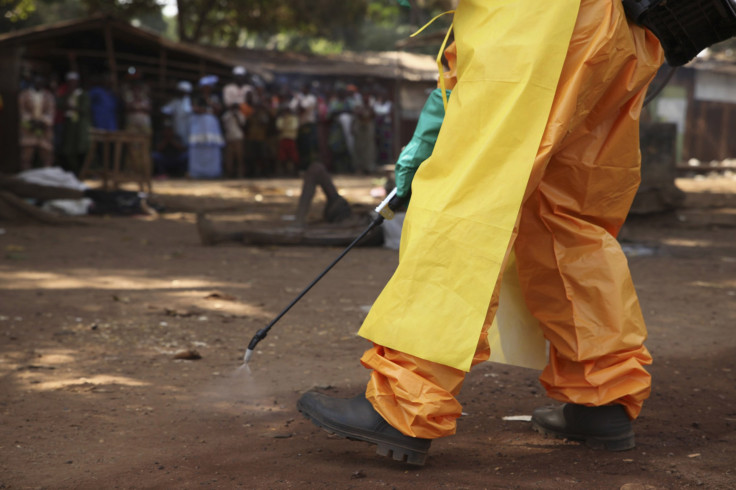Ebola Virus Can Stay In Semen Of Male Survivors For Over A Year, Study Finds

A study has found that the Ebola virus can remain in a survivor’s semen for over a year, suggesting that survivors could potentially ignite another Ebola outbreak. A two-year epidemic, which ended this year, killed over 11,000 people in Guinea, Sierra Leone and Liberia.
The study funded by the World Health Organization and the U.S. Centers for Disease Control and Prevention (CDC) was published Tuesday in the Lancet Global Health journal. The study is the largest analysis of persistence of the Ebola virus in male survivors to date. Although the test detects the presence of the virus in semen, it cannot tell if the virus is live and capable of spreading the disease.
“Before this outbreak, scientists believed that Ebola virus could be found in semen for three months after recovery. With this study, we now know that virus may persist for a year or longer,” Moses J. Soka, co-author of the study and first director of Liberia’s Men’s Health Screening Program (MHSP), said in a statement.
“We now have many more Ebola survivors than ever before. This work demonstrates the importance of providing laboratory testing and behavioral counseling to empower survivors to make informed decisions to protect their intimate partners,” he added.
Initial data revealed that at least 9 percent or 38 of the 429 male Ebola survivors still carried the virus in their semen. Of the 38 survivors, the semen samples of 63 percent were carrying the virus’ genetic material a year after recovering from the disease. One man was found carrying the virus 565 days after his recovery.
The study found that men aged 40 and above were more likely to carry genetic material from the virus in their semen than younger men.
The data was collected from July 2015 to May 2016. MHSP is Liberia’s first semen screening program for Ebola. It is operated by the Liberian Ministry of Health in collaboration with the CDC, WHO and the Academic Consortium Combating Ebola in Liberia. The MHSP also offers counseling and education regarding safe sex practices.
“This program provides important insights into how long Ebola remains in semen, a key component to preventing flare-ups of the disease and protecting survivors and their loved ones,” CDC Director Tom Frieden said. “It also shows how investments in public health capacity can save lives.”
© Copyright IBTimes 2024. All rights reserved.






















